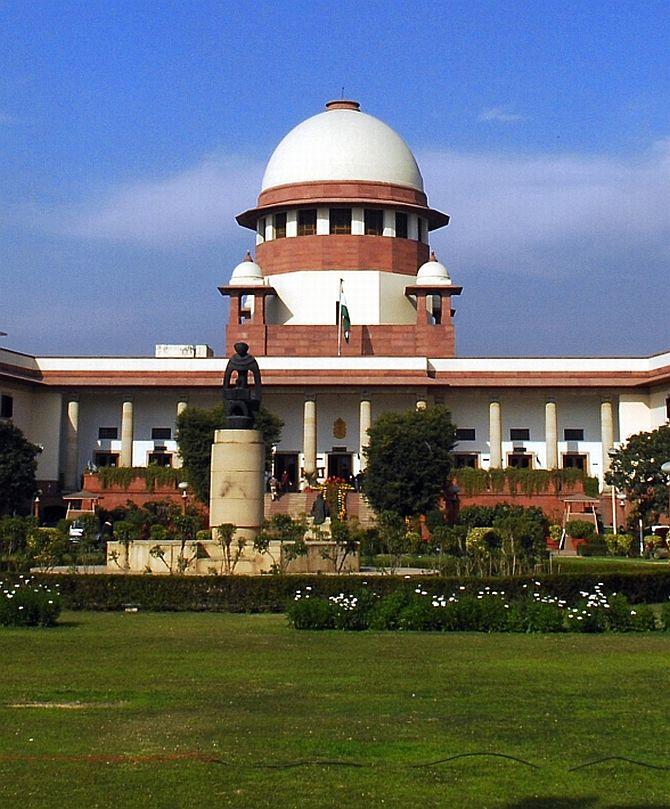
A bench comprising justices Dipak Misra and Shiva Kirti Singh asked the Maharashtra government to clarify its stand on some contentious conditions put by its police for according licences.
Senior advocate Jayant Bhushan, appearing for the dance bar association, referred to the various conditions put by police and said that they are "regressive ones" and needed to be done away with.
Maharashtra Police, in its conditions, has said that the dance bar owners will have to cover and segregate bar area with that of dance performance area and they will also have to provide CCTV footage to the area police of the performance of women artistes.
The apex court had in November last year pulled up the Maharashtra government for not complying with its October 15, 2015 order, asking it to consider granting licences of dance bars to hoteliers and had ordered it to process such pleas within two weeks.
It had also raised questions over the state government laws banning dance bars and said as to "how individual morality, perceptive morality and selective morality can merge into collective and legal morality".
It had allowed Vinod Patil, President of R R Patil Foundation, to intervene in the matter. Patil had in his plea claimed that reopening of dance bars would increase crime.
On October 15, 2015, the apex court had stayed the operation of 2014 amendment in Maharashtra Police Act that had banned dance performances at bars and some other places, paving the way for reopening of dance bars across the state.
The order had come on a petition filed by Indian Hotel and Restaurant Association challenging the amendment and sought contempt of court action against the Maharashtra government.
The court had noted that the provision was brought back in Maharashtra Police Act in 2014 after being held ultra vires in 2013 by the top court.
The Maharashtra government had brought an amendment in 2005 -- Bombay Police Act -- which was challenged in the high court by the association representing restaurants and bars.
The Bombay high court had on April 12, 2006 quashed the government's decision and declared the provision as unconstitutional, saying that it is against Article 19(1)(g) (to practise any profession or to carry on any occupation, trade or business) of the Constitution.
However, the state government had moved the apex court against the high court's order that same year.
On July 16, 2013, the Supreme Court upheld the Bombay high court verdict quashing the state government's order and had said that the ban violated the constitutional right to earn a living.
The state assembly, however, had on June 13, 2014 passed the Maharashtra Police (Second Amendment) Bill which prevented licences for dance performances in starred hotels.
The ban also covered drama theatres, cinema halls, auditoriums, sports clubs and gymkhanas, where entry is restricted only to members.
The 2014 amendment in the Maharashtra Act was challenged by Indian Hotels and Restaurant Association and others before the apex court.
Nearly 1500 bars across the state had employed more than 75,000 women dancers before the state government first imposed the ban in 2005.